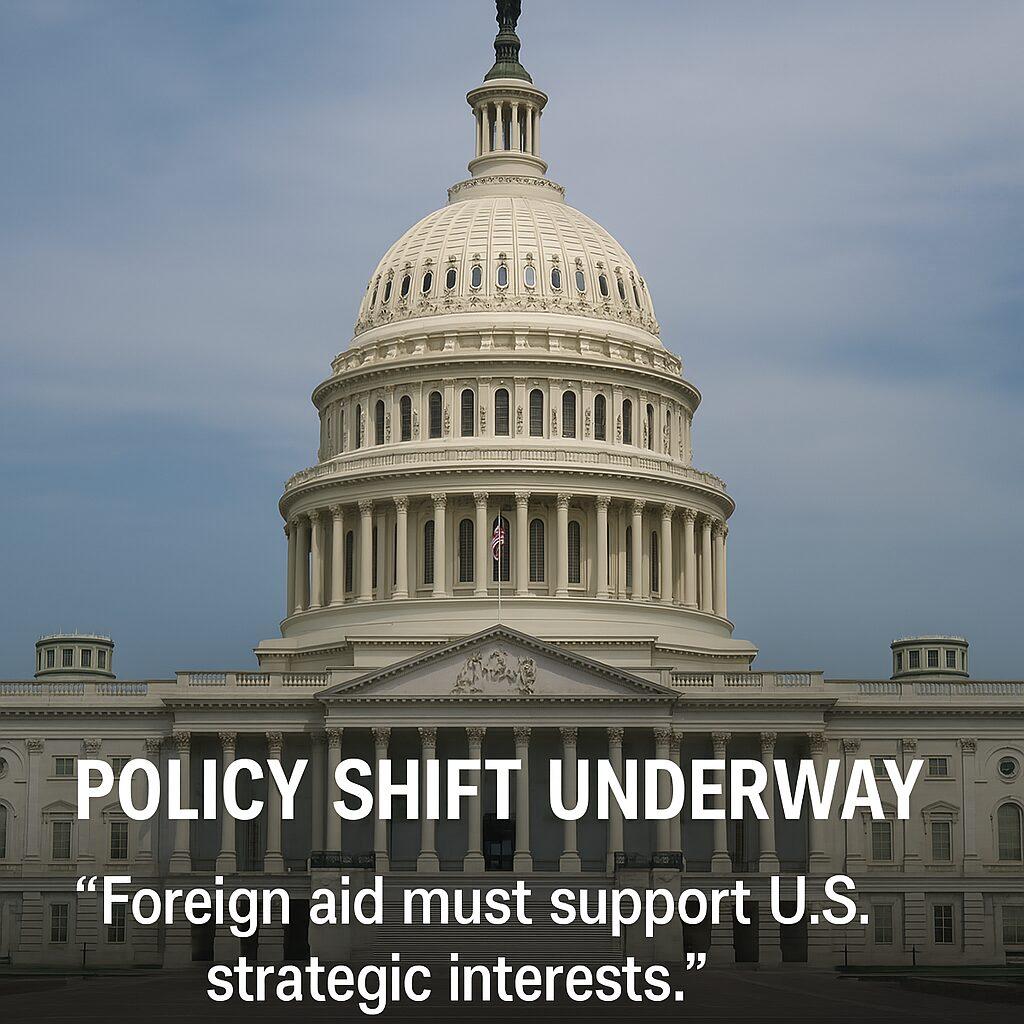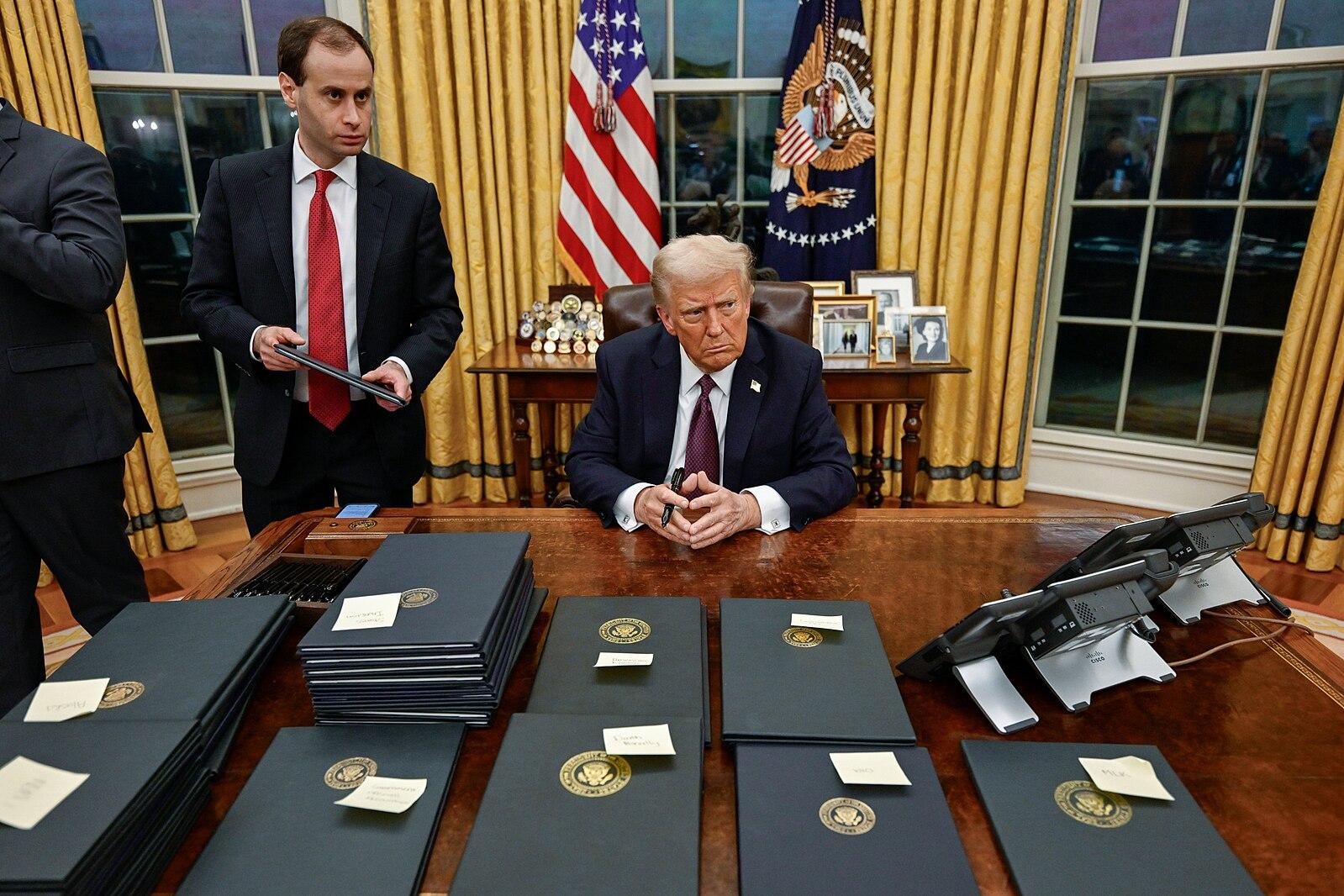IN the United States, if the approximately 8.8 million immigrants eligible for citizenship are naturalized, the country could experience a $21 billion to $45 billion increase in gross domestic product (GDP) throughout a 10-year period.
Along with economic gains, local business leaders and Los Angeles Mayor Eric Garcetti on Thursday, July 9, discussed the benefits and the important role of businesses in citizenship and immigrant integration.
“There’s been incredible leadership in the City of Los Angeles and across the country from the business community to help legal permanent residents take that final step to achieving their American dream of becoming United States citizens,” said Ali Noorani, executive director of the National Integration Forum.
Through the New American Workforce (NAW), a project that facilitates citizenship assistance for the benefit of workplaces, communities and the economy, more than 900 employees in Los Angeles have been naturalized. NAW is managed and operated by the National Immigration Forum.
More than 750,000 immigrants in Los Angeles are eligible for citizenship, and if more Angelenos become naturalized, there could be significant economic gains.
Manuel Pastor, co-director of the Center for Study of Immigrant Integration at the University of Southern California, said an increase in naturalization could boost the city’s GDP by $1.9 billion to $3.3 billion. It could also translate to a $300-million increase in taxes that people pay locally.
Pastor, who co-authored “Citizen Gain: The Economic Benefits of Naturalization for Immigrants and the Economy,” added that naturalized immigrants experience a wage gain of 8 to 11 percent after becoming citizens throughout a three- to four-year period.
However, in the long term, profits of firms do not decline if wages rise for U.S. citizen employees. Pastor said firms have reported that workers become more loyal and hardworking, which, in the end, helps pay for the cost of the support needed to help people get to that point.
Naturalizing the hundreds of thousands of eligible Angelenos also holds important civic implications.
“It has never been more urgent, not just because of the executive action challenge, but because people are trying to take away our rights to actually get representation,” Garcetti said. “[We] don’t have residents that count when we do our Censuses, and that is fundamentally un-American.”
Through the NAW project, which is has partnered with about 150 business in seven cities – Los Angeles, New York, San Jose, Miami, Washington D.C., Houston and San Diego – more than 170,000 employees have been educated about the benefits of citizenship and more than 3,500 employees have gone through the naturalization process.
Leslie Pereira Barrios, an environmental aide with the facilities division at AltaMed Health Services Corporation, was among those who became a U.S. citizen through her employer, a partner of the project.
At Thursday’s roundtable, Pereira said she moved to the United States in 2008 from Guatemala with hopes of a better life for her family. She said that through AltaMed, she was able to take English and computer classes last summer, and attended a citizenship education workshop in April that helped her prepare for the exam. She also qualified for financial assistance to pay for her application.
On June 8, Pereira took and passed the U.S. citizenship test and became a citizen on June 22. Among other things, her new citizenship allows her to vote, she said.
“After seven years I am a proud citizen. I am honored to have the chance to continue giving to this nation and for the future of my two children,” she said.
While research indicates that naturalization results in economic and civic rewards, Pastor cited three barriers immigrants face when it comes to the process: the $680 fee, a fear of the test and the time it takes to study.
However, he said when employers support their employees in the process, it helps in reducing fears.
Marizza Contreras, a participant of the program through The Betsy-South Beach, a hotel in Miami Beach, Fla. and NAW partner, is another immigrant who put off taking the citizenship test for some of the reasons Pastor cited.
“I came to the United States in 2000 … I kept putting [the test] off because it was too much money and I couldn’t find the time. I was in the process of hiring a lawyer when the Betsy Hotel presented this wonderful opportunity,” she said in a statement.
Among businesses involved in the project that have witnessed a change as a result of the project is American Apparel.
At Thursday’s roundtable, Marty Bailey, chief manufacturing officer at American Apparel, said the employees have to be successful so that the company can do the same.
“I was truly impressed by the communication, cooperation, preparation and efforts of all the parties to carry this out,” Marty Bailey, chief manufacturing officer at American Apparel, said in a statement. “In the end, the most important parties involved, our employees, left well informed and seemingly energized to make the step towards a better life for them and their families.”
Other speakers on Thursday included UCLA Vice Chancellor Keith Parker and Consul General of Mexico in Los Angeles Carlos Sada.
The NAW project is organized and managed by the National Immigration Forum, a non-profit organization that advocates for the value of immigrants and immigration in the United States.




